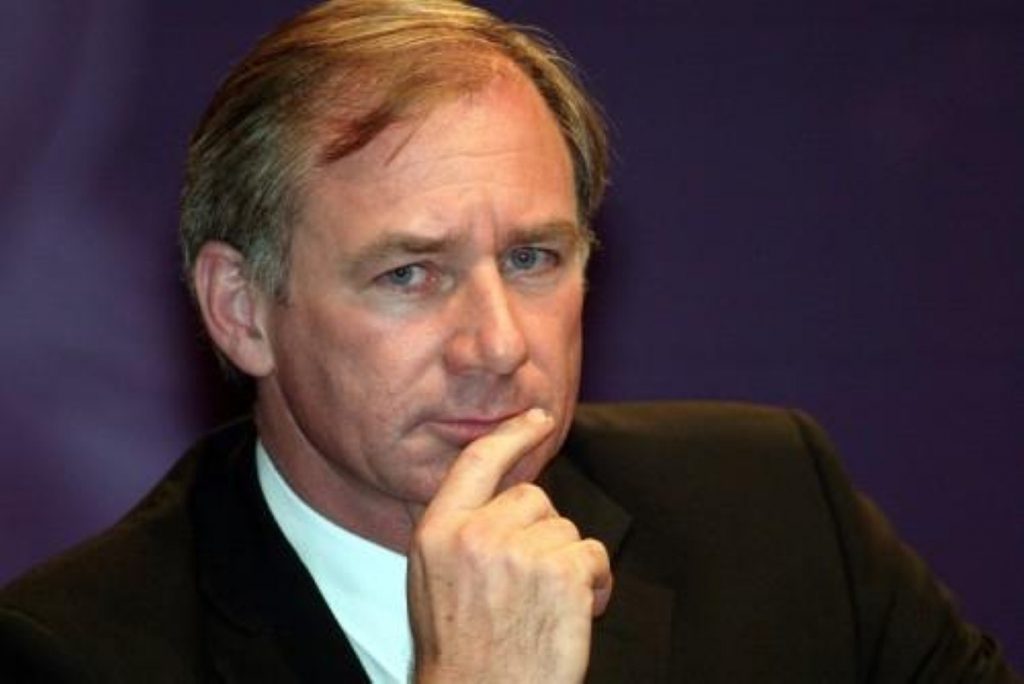Hoon calls for new interest in Europe
Britons must be persuaded that the EU has a “real role to play” in the global issues they care about and is not just a source of rules and regulation, Geoff Hoon said today.
In his first major speech since becoming Europe minister, he said he wanted to “re-start the debate in this country and in particular to rekindle interest in the European Union”.
Support for the union stands at just 33 per cent, compared to a high of 57 per cent in the 1990s, while just 37 per cent recognise the benefits membership brings for Britain.
There was an “inability to see how events in Brussels affect life and work in the UK”, Mr Hoon said – a problem amplified by the continuing debate about the future of the union.


He also admitted that while the EU had played an important part in launching the latest round of world trade talks, it was perceived to be a major blockage in refusing to give up subsidies on key sectors such as agriculture.
“The EU has a serious image problem,” he said – but insisted that he was determined to get the message across that Europe mattered, not only in terms of job creation, but also in fighting for the things people most cared about.
Mr Hoon noted the leading role the union played in tackling climate change by introducing the EU emissions trading scheme, and in efforts to promote investment in new technologies such as biofuels.
“The EU is part of a global system that is finding solutions to the major global challenges,” he said, adding: “Our people must see the European Union as a real engine of change in their lives.”
Mr Hoon’s speech was met with scepticism among British MEPs, however – Timothy Kirkhope, leader of the Conservatives in the European parliament, said this demand for a new debate simply hid the fact that the government had lost momentum in Europe.
The MEP cited foreign secretary Margaret Beckett’s U-turn on allowing public scrutiny of the council of ministers, something Tony Blair had previously backed, and Labour’s failure to support an end to the EU parliament’s expensive monthly moves to Strasbourg.
Diana Wallis, leader of the Liberal Democrats in Europe, added that she had heard many such calls for a renewed interest in the European Union but warned they would be meaningless unless the government actually did something to back them up.
She suggested the referendum on the EU treaty that was shelved after the French and Dutch ‘no’ votes should go ahead as a chance to have a real debate on the future of Europe.
“It is my view this would be a great opportunity to debate, discuss and eventually vote. In the process everybody would be better informed and we would get a sense of the sort of Europe the British people wanted,” she said.

